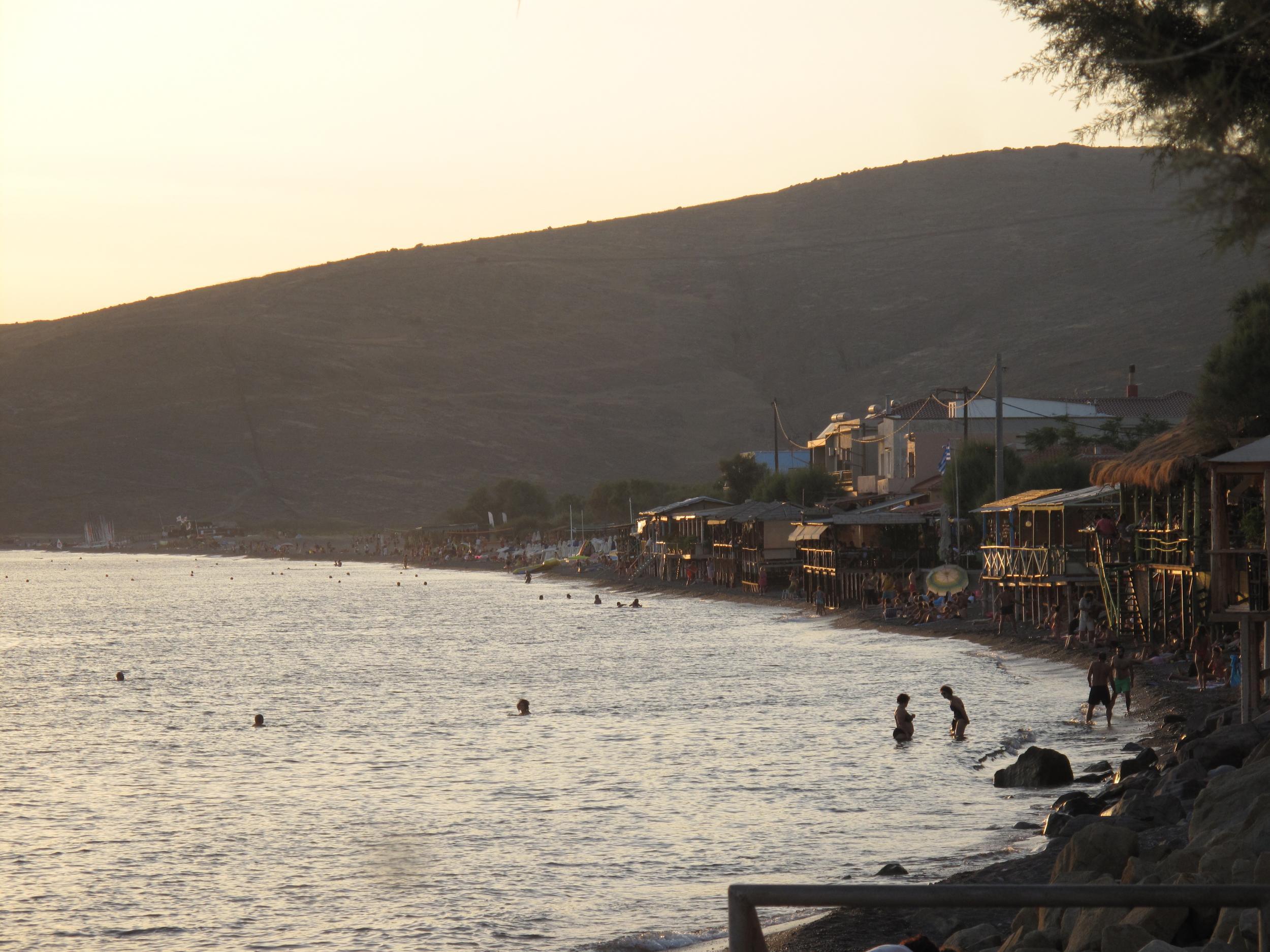Travel industry demands Government action on fake holiday sickness claims
'Making a fraudulent claim is a criminal offence and there needs to be consequences'

Your support helps us to tell the story
From reproductive rights to climate change to Big Tech, The Independent is on the ground when the story is developing. Whether it's investigating the financials of Elon Musk's pro-Trump PAC or producing our latest documentary, 'The A Word', which shines a light on the American women fighting for reproductive rights, we know how important it is to parse out the facts from the messaging.
At such a critical moment in US history, we need reporters on the ground. Your donation allows us to keep sending journalists to speak to both sides of the story.
The Independent is trusted by Americans across the entire political spectrum. And unlike many other quality news outlets, we choose not to lock Americans out of our reporting and analysis with paywalls. We believe quality journalism should be available to everyone, paid for by those who can afford it.
Your support makes all the difference.“Germans don’t have this problem with their stomachs,” the boss of Thomas Cook has told a UK travel conference, warning that fake sickness claims are increasing the cost of holidays and making Britain a laughing stock.
Peter Fankhauser, the firm’s Swiss chief executive, lambasted the surge in gastric illness claims by British holidaymakers. At the Abta Travel Matters conference in London, he said that there had been no such rise among German tourists staying at the same hotel. Mr Fankhauser called it “an embarrassing issue for the industry and the United Kingdom”.
As The Independent has reported, claims management firms are cold-calling people in the UK and urging them to launch retrospective claims, and employing representatives in resorts to recruit claimants.
“At Thomas Cook, we are doing everything we can to improve processes in our hotels, discourage fraudulent activities by claims management companies, and raise awareness among our customers about what they risk if they put in false claims.
“Making a fraudulent claim is a criminal offence and there needs to be consequences,” said Mr Fankhauser.
Claims management firms have moved into the business because there is no cap on legal costs for injuries sustained abroad.
Mark Tanzer, chief executive of the travel association, Abta, called the practice a “new cottage industry”. He said: “This unprecedented and very steep rise in illness claims is driven by very aggressive marketing by claims management companies. A lot of these claims are bogus.”
Mr Tanzer demanded that the government “bring overseas sickness claims into the fixed-costs regime”.
He told The Independent: “It’s a relative small change in the protocol. It’s not a major legal change. We will keep the pressure up.”
The practice of retrospectively claiming to have experienced food poisoning on holiday at all-inclusive properties has been described as the “new whiplash”.
The new transport minister, Lord Callanan, said the Government plans “to cap fees, reducing the incentives for claims firms to fuel fictitious claims”. He added: “Genuine claimants must be protected.”
The Foreign Office has issued a new travel advice bulletin for Greece, warning of the risks of making a false claim. It says: “You should only consider pursuing a complaint or claim if you have genuinely suffered from injury or illness; if you make a false or fraudulent claim, you may face legal proceedings in the UK or Greece.”
Join our commenting forum
Join thought-provoking conversations, follow other Independent readers and see their replies
Comments